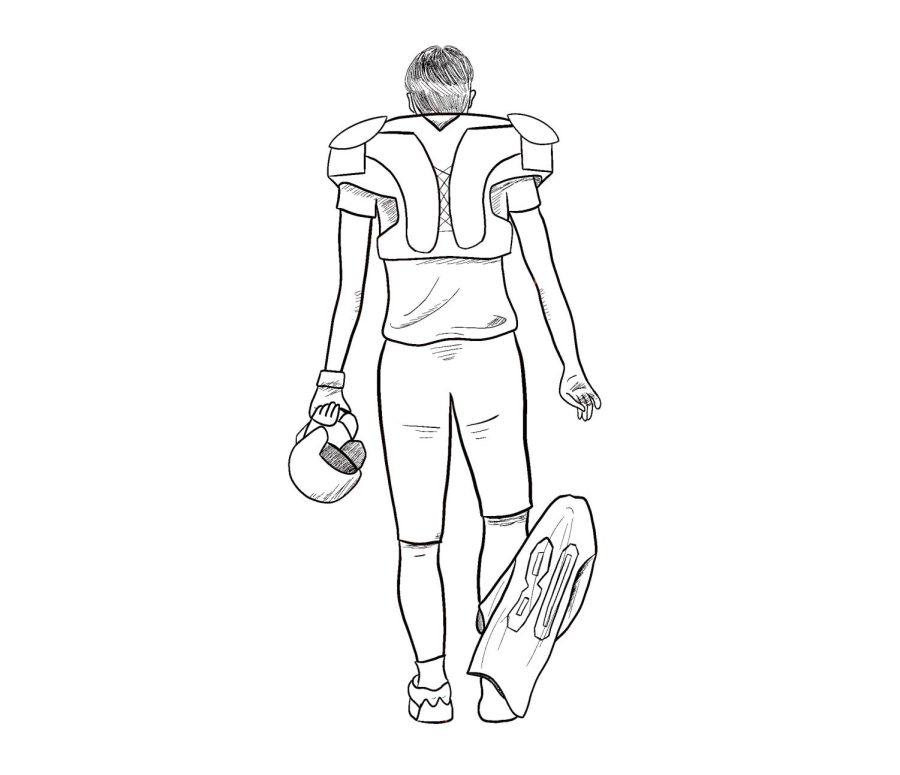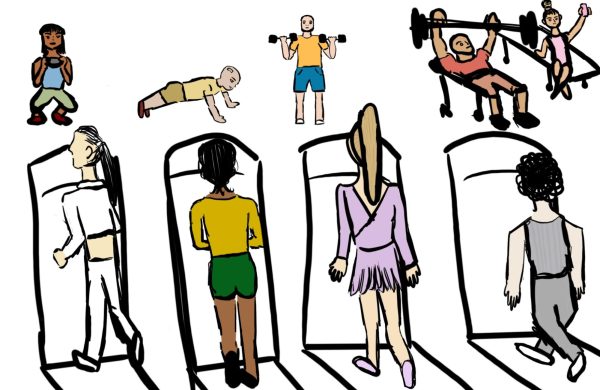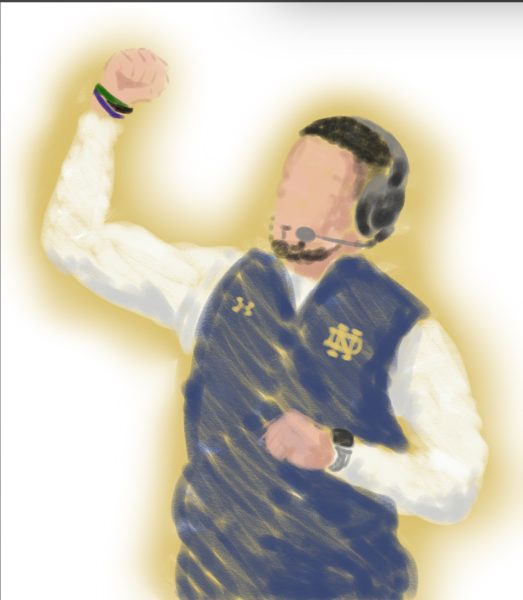Calling time out
The title of varsity captain, conference championships, accolades and recognition: the achievements high school athletes aspire for the most. But what is going on behind the scenes? How do student athletes deal with the pressure, the commitment, and the toll it takes on their mental health?
“I think that playing a high school sport can affect one’s mental health greatly, either for the better or worse,” said junior Ryan Camblin. “It can be very rewarding or detrimental to someone’s mental health. Students with harder classes or poor time management can often grow to hate sports they once loved because of the stress involved.”
The commitment required to be a student athlete at the high school level is something that often comes as a shock to new players. Practicing or competing six days a week for anywhere from one to three hours a day is not easy by any means. In addition, the pressure that teenagers feel to succeed is an almost universal feeling. The pressure to be the best student, friend, and athlete all at the same time is difficult to navigate. The need to not only meet but exceed expectations is a prevalent emotion among many student athletes.
“There are so many pressures put on student athletes,” said junior Matt Anesi. “It’s important for coaches and parents to remember that these athletes are still teenagers, and they are susceptible to mistakes. Oftentimes, there are so many things going on in the lives of teenagers that once they get to their sport, it’s difficult for them to pay full attention.”
While some athletes dream of making a career out of sports, whether it be as an athlete, coach or referee, many others do it for fun and to just make memories. All teenagers are living a completely separate life outside of sports. Trying to balance these two lives by keeping up with schoolwork, a social life and family obligations are all things that these busy teenagers are expected to figure out. For some, leaving a team seems to be the best option to prioritize themselves or their other responsibilities.
“My thoughts on athletes quitting to prioritize their mental health varies,” said Camblin. “If it is something to benefit their own mental health in a positive way, then yes. Regrets may set in, but athletes find themselves with a lot of free time that they can channel their positive energy into, such as a job, clubs, relationships and even other less demanding sports. Just make sure quitting does not negatively affect your life, use the extra time you find yourself having to keep busy but in a beneficial way for your mental health and for school.”
The way these athletes react to coaching, parenting, or support (or lack of) from fans can vary greatly. While one may thrive under the pressure, others can easily find themselves with too much on their plate.
“A lot of athletes internalize their emotions,” said counselor Mrs. Rena McMahon. “While some students respond to criticism well, others can react to it in the complete opposite way. Being a counselor, my top priority is their mental health and their wellbeing. If stepping back or taking a break from a sport to focus on themselves is what a student needs, I support that. If a student’s emotional or physical health is taking a toll, then I encourage them to take the steps to better themselves because it can affect all other aspects of their lives if they don’t.”
In high school sports there are two types of athletes, those who are working to pursue their sport at the next level, and those who are there to have fun. Regardless of which category they fall under, it can be stressful and sometimes overwhelming. It is important to remember as coaches, fans, and supporters that they have a lot on their plate and the toll that comments directed at them can have, not only on an athlete’s mentality towards a game but their mental health as a whole. And it is important for student athletes to remember why they got into sports in the first place and that at the end of the day, what’s most important is their wellbeing.
Your donation will support the student journalists of Saint Viator High School. Your contribution will allow us to purchase equipment and cover our annual website hosting costs.





